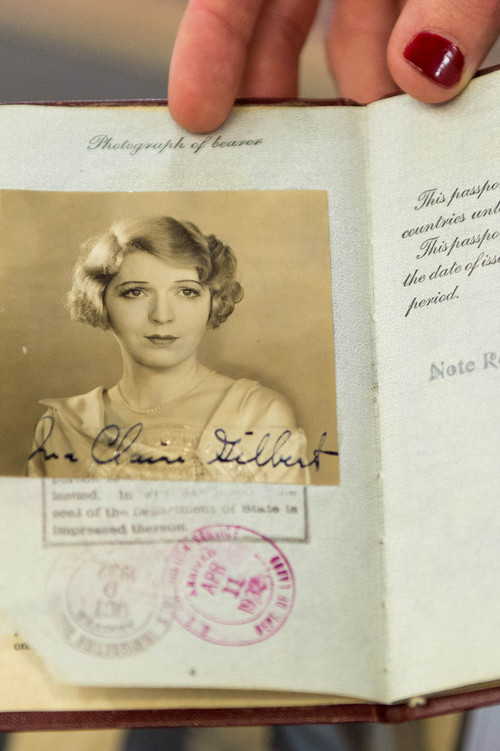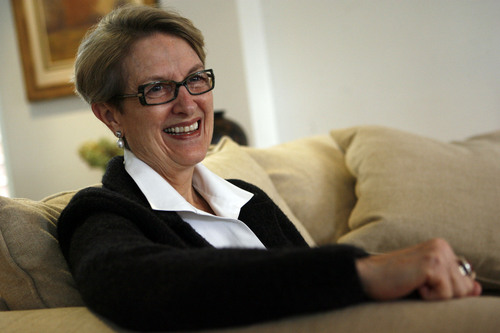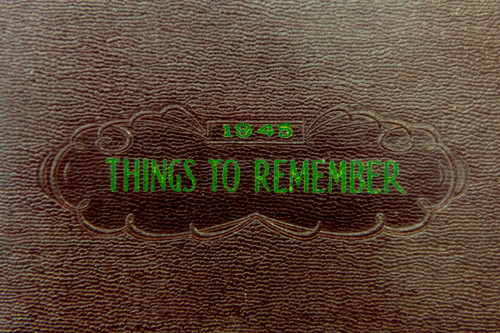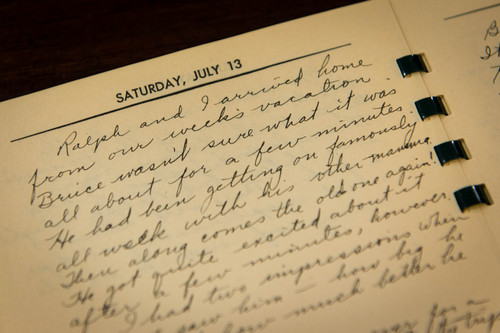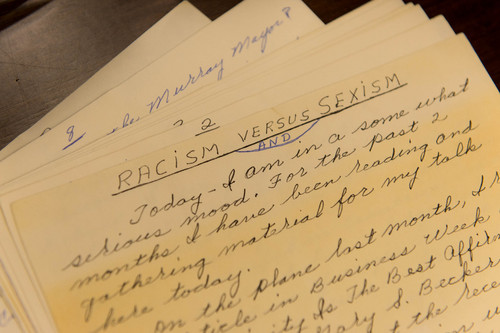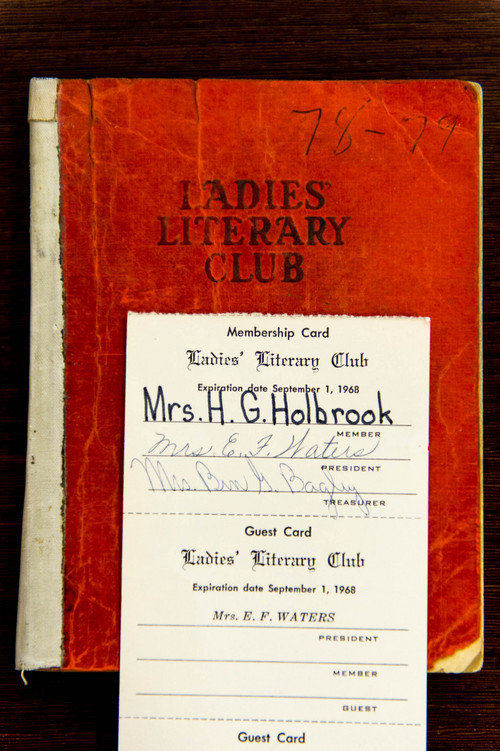This is an archived article that was published on sltrib.com in 2014, and information in the article may be outdated. It is provided only for personal research purposes and may not be reprinted.
Alice Kasai was a tireless community advocate for decades and chronicler of Japanese-American history in Utah. Alberta Henry was a civil-rights leader and proponent of equal education.
In the political arena, Karen Shepherd became only the second woman to be elected to represent Utah in the U.S. House in 1992, the same year that Deedee Corradini began serving as Salt Lake City's first female mayor.
And Florence Louise Dimm Cowan was a loving wife and mother who kept diaries about her home life and her sons' development.
Their stories are all part of the new Aileen H. Clyde 20th Century Women's Legacy Archive at the University of Utah's J. Willard Marriott Library. The mission of the archive — which contains oral histories, journals, letters, photographs, manuscripts, clips from television newscasts and other materials — is to document and preserve the history of women whose lives and work helped create social and cultural change.
"Women's history is widely unknown, even to themselves," Aileen Clyde said. "They hardly look at their lives as being important or having an effect on others."
But their lives do have an impact, Clyde said, and she and other members of an archive advisory board are working to document the "huge amount of change" that took place in the 20th century.
The archive already has gathered materials, some of them from existing special collections at the library, and received $50,000 in donations and commitments that will be used to fund the costs of cataloging the items. In addition to contributions involving individuals, the archive is collecting materials from organizations; the Ladies Literary Club has provided papers dating back to its 1877 founding.
The board and library, which held an inaugural celebration for the archive on March 6, are continuing to gather more documentation on the influence of women in the 1900s.
Gregory C. Thompson, associate dean for Special Collections, said the materials will be available to study at the library and online. The archive tells the stories of women of diverse backgrounds, he said.
"The idea is to describe the role of women in the 20th century," Thompson said. "It's very inclusive. We're very eclectic."
Clyde said the inclusiveness covers both famous and less well-known women.
"We intend ultimately to gather papers and journals and correspondence from women less likely to be cited in a forum such as this," she said. "History has shown us that such everyday private records from everyday people are valuable in revealing the culture of the times. These treasures exist in attics and drawers and baskets and some are in possession of family members who treasure them but are not sure what to do with them."
The idea for an archive emerged from conversations among a group of friends about how the younger generation didn't seem to know much about the women's movement and women in the 20th century, said Marie Cornwall, a former Brigham Young University professor and an advisory board member.
The friends began talking to people who were doing oral histories, she said, and realized they needed a central place to store them.
The Marriott Library also wanted to recognize women's contributions, and the project was launched. Library officials decided to name the archive after Clyde, whose own history includes teaching English for a decade at BYU, service on the Utah Board of Regents and in the general presidency of the Relief Society of The Church of Jesus Christ of Latter-day Saints, along with stints on numerous task forces and committees for nonprofit and community groups.
In the early 1970s, Clyde and her daughter-in-law became the first women in Utah to be certified as construction flag people, a step they took to work on the road crew of the family construction company. (Drivers gawked so much at the sight of a woman in the nontraditional job that they almost ran off the road, Clyde said).
Clyde is pleased there will be a permanent record of women's impact.
"Most of us are so busy going forward that we don't write anything down," she said. "Women's change has gone forward but very little of it is documented."
At the inauguration, board member Kathleen Flake, the Richard Lyman Bushman Professor of Mormon Studies at the University of Virginia, said the 20th century was marked by women's new political rights, social standing and personal opportunities.
"Quite simply," she said, "a knowledge of the 20th century is impossible without women's history.
Twitter: PamelaMansonSLC —
Donations sought for archive
The Aileen H. Clyde 20th Century Women's Legacy Archive at the University of Utah's J. Willard Marriott Library is collecting oral histories and donations of materials from individuals and groups.
The materials could include diaries, correspondence, photographs, manuscripts, agendas, minutes, yearbooks or tickets. The library can help take down an oral history and will make copies of documents if the donors want to keep the original. The archive also is taking money donations to help with the cost of cataloging papers.
To make a donation or for more information, call 801-581-8046 or email Judy Jarrow at judy.jarrow@utah.edu.


